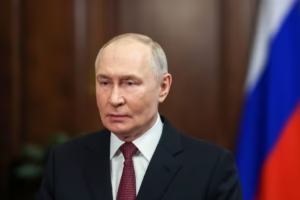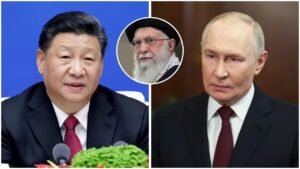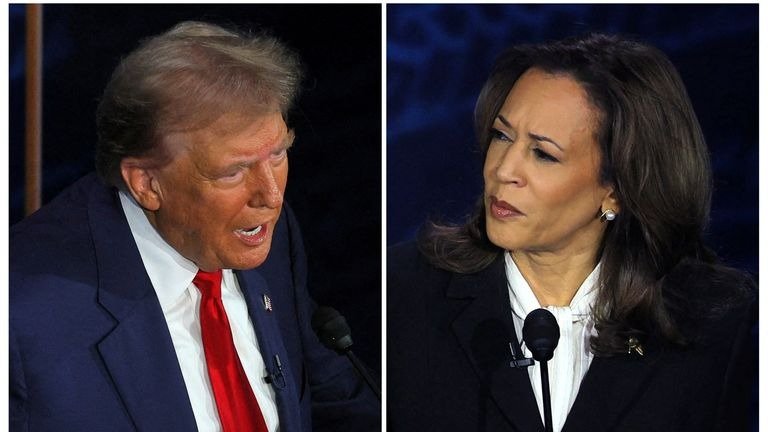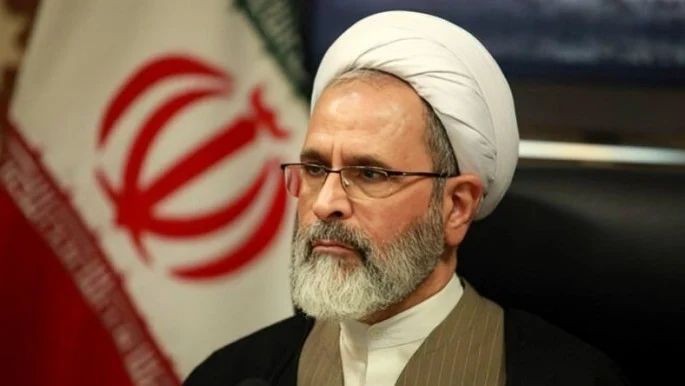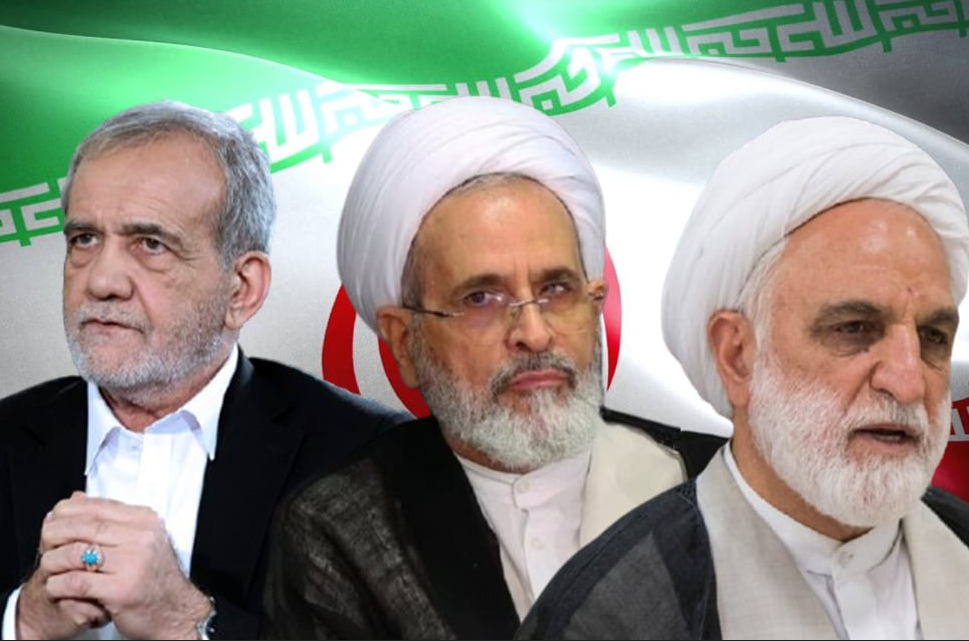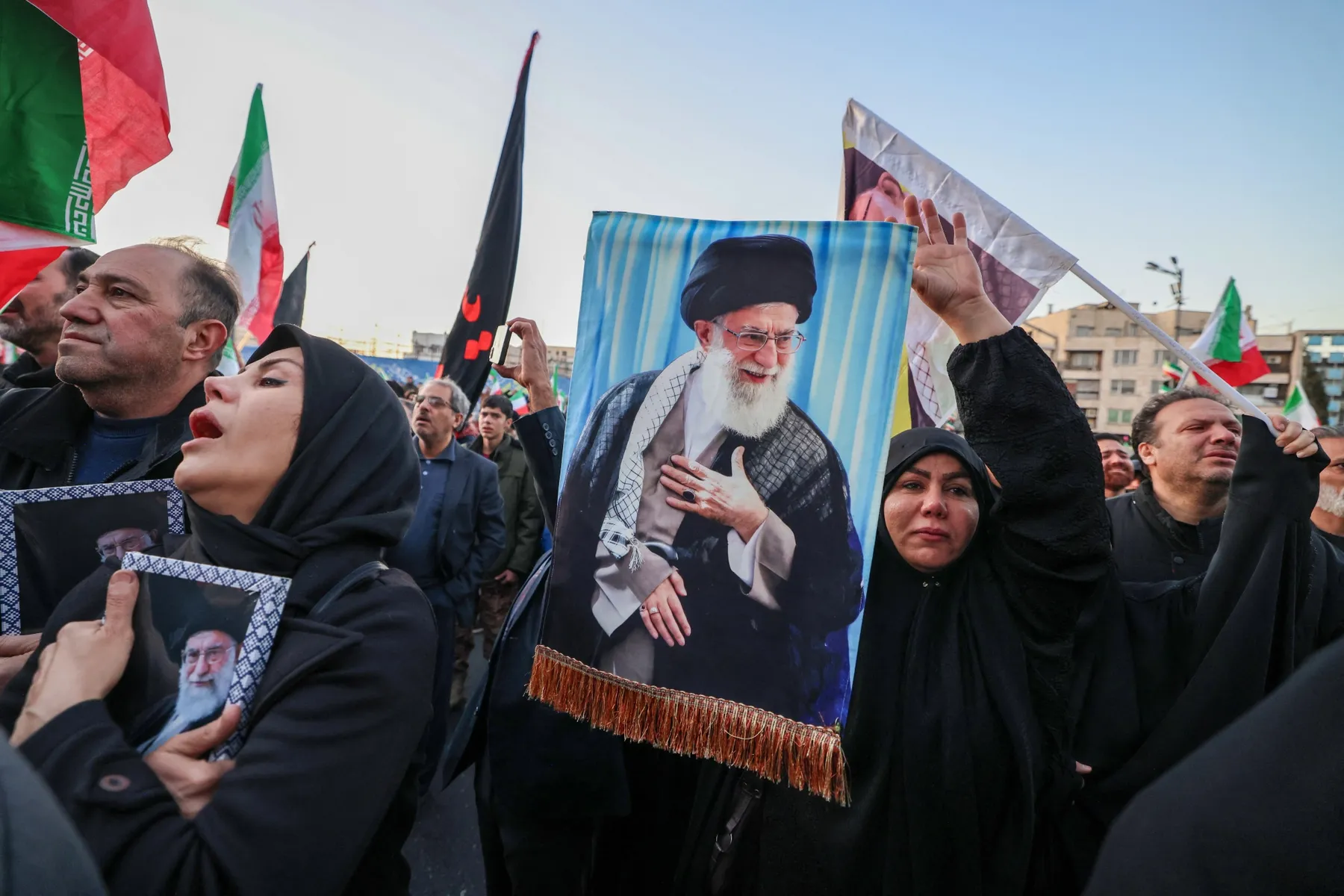U.S. President Donald Trump has ordered the withdrawal of Secret Service protection for former Vice President Kamala Harris, reversing an earlier decision by his predecessor Joe Biden to extend her security coverage beyond the legally mandated period. The move, first reported by the BBC, has drawn criticism from Democratic leaders and heightened debate over political security protections in the United States.
As a former vice president, Harris was entitled to six months of security coverage by the U.S. Secret Service, the federal law enforcement agency under the Department of Homeland Security that provides protection to presidents, vice presidents, and other designated officials. Biden had signed an executive order before leaving office in January that extended Harris’s protection for an additional year, citing her status as the Democratic presidential candidate in the 2024 election. Harris lost to Trump in a landslide defeat on November 5, 2024, ending her campaign after just 107 days.
The extension was revoked by Trump in an order issued Thursday. According to a letter dated August 28, the directive instructed the Secret Service to “discontinue any security-related procedures previously authorized by Executive Memorandum, beyond those required by law,” effective September 1. Neither the White House nor the Secret Service has commented publicly on the decision.
The withdrawal comes just weeks before Harris is scheduled to begin a nationwide tour promoting her upcoming memoir, 107 Days, which recounts her short-lived presidential campaign. Without federal protection, Harris will no longer have agents assigned to guard her personally or monitor her Los Angeles residence. She will also lose access to the proactive threat assessments typically conducted by federal authorities to detect potential risks before they materialize.
Harris’s husband, Doug Emhoff, had already lost his protective detail on July 1, when the legally required protection period for spouses of former vice presidents expired. Officials cited a recent threat assessment that concluded Harris faced no exceptional risks warranting continued federal coverage. Security experts warn, however, that obtaining equivalent private protection could cost millions of dollars annually, a burden likely to fall on Harris and her family if alternative arrangements are not made.
The decision has sparked political backlash in California, where state and local leaders have raised concerns about her safety. Governor Gavin Newsom and Los Angeles Mayor Karen Bass both condemned the move, arguing that Harris remains a high-profile public figure and could be vulnerable to threats. “This is a reckless and unnecessary decision that undermines the safety of a former vice president of the United States,” Newsom said in a statement.
Trump’s directive is part of a broader pattern of rescinding security privileges for individuals associated with the Biden administration. Since returning to the White House in January, he has ordered the termination of Secret Service protection for Hunter and Ashley Biden, the president’s two children, as well as for Dr. Anthony Fauci, the former director of the National Institute of Allergy and Infectious Diseases. Critics argue that these moves reflect Trump’s personal and political animosities rather than neutral security assessments.
Supporters of the decision contend that the law is clear: Secret Service protection for former vice presidents lasts only six months unless the president authorizes an extension. They argue that Harris, no longer holding public office or running for political office, does not warrant continued taxpayer-funded security.
The removal of Harris’s protective detail underscores the increasingly partisan atmosphere surrounding security arrangements for political figures. While Secret Service coverage has traditionally been extended in cases of ongoing threat or political prominence, decisions on such matters ultimately rest with the sitting president. For Harris, the change raises new questions about her safety as she re-enters the public spotlight with her memoir tour and possible future political engagements.
The political and security implications of the move remain uncertain, but Harris now faces the prospect of relying on state agencies, private security, or a combination of both. For critics, the decision highlights how political divisions are reshaping even the basic question of safety for America’s top leaders once they leave office.

